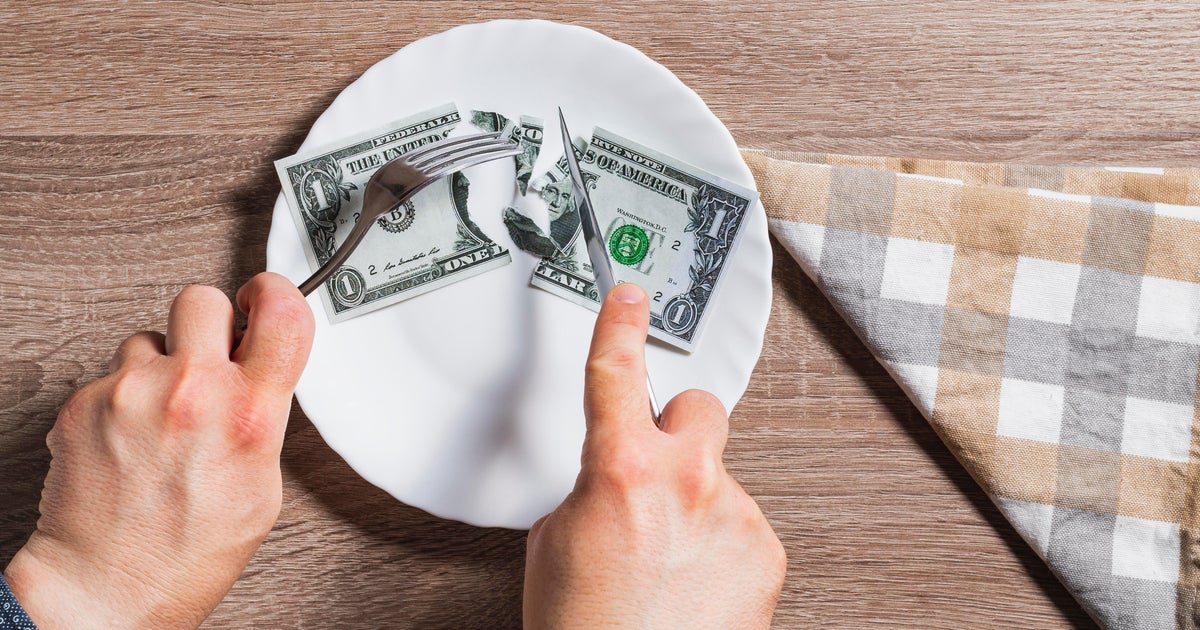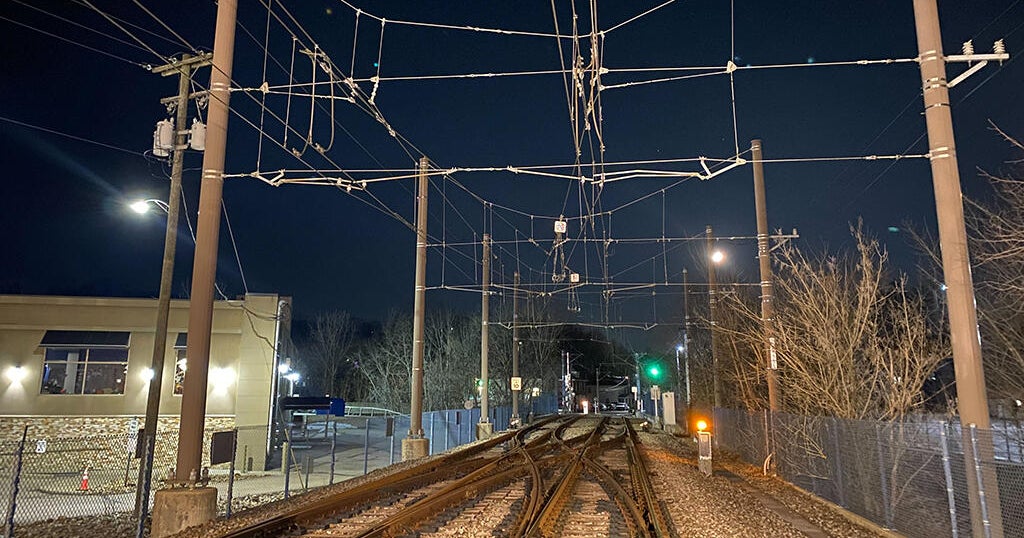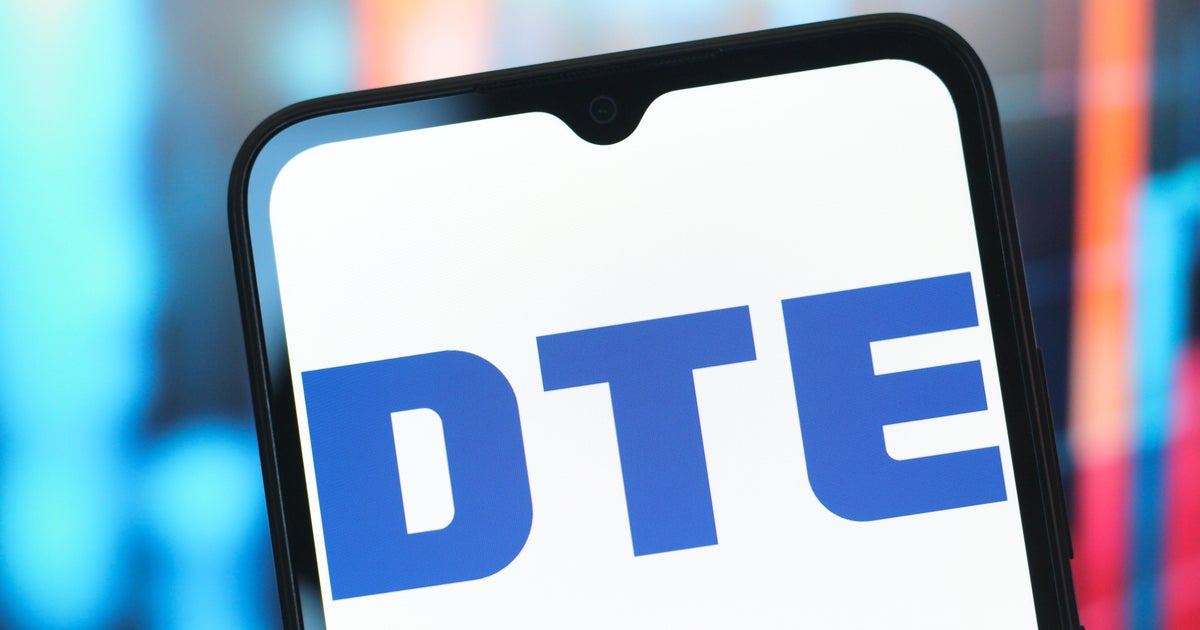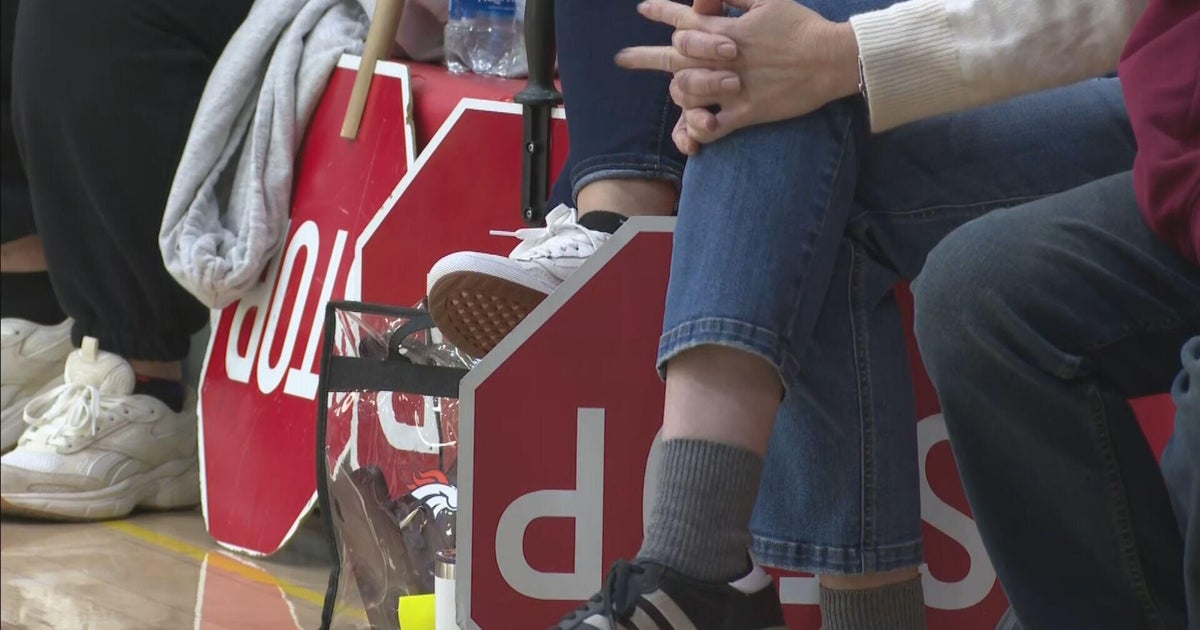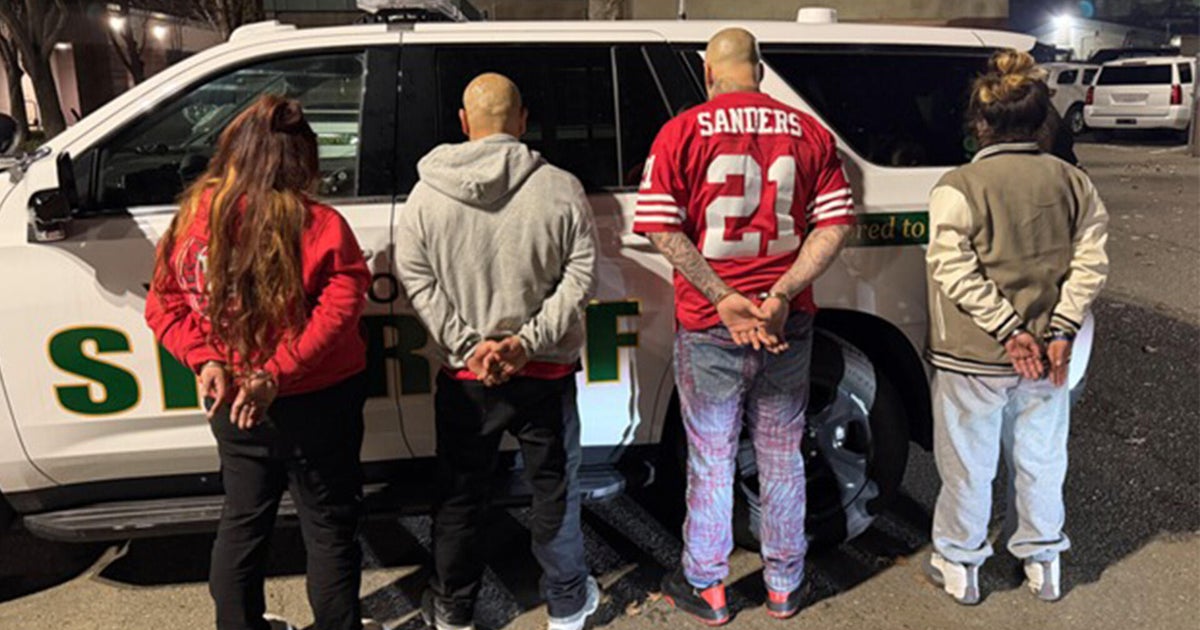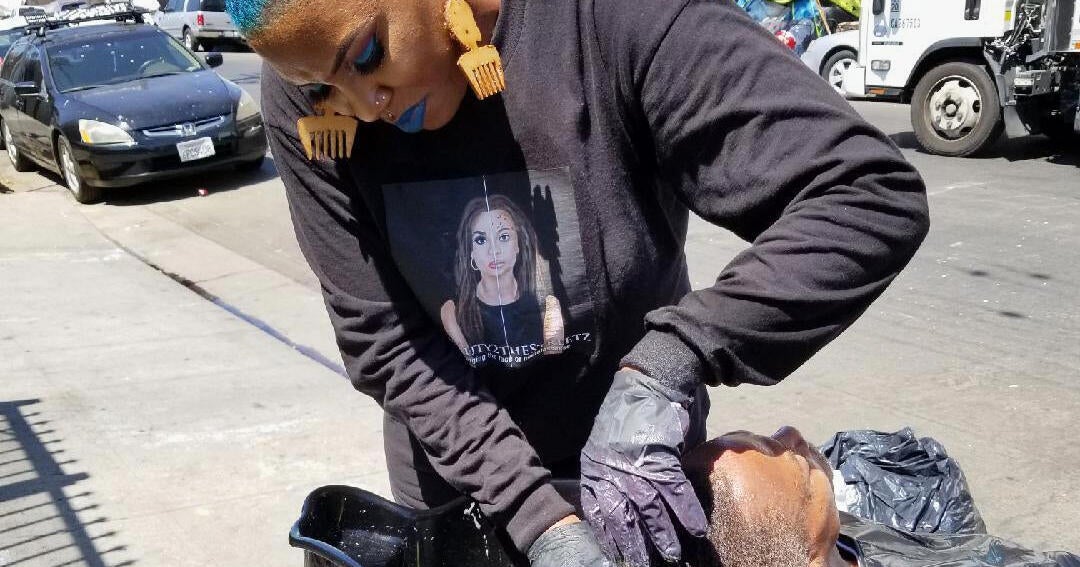Study: Self-Service Checkout Lines Lead To Greater Retail Losses
PITTSBURGH (KDKA) -- Retailers may be sustaining substantial losses when customers use those self-service, self-scanning check-out lines, says a British criminologist.
"What we found through these audits was that the level of loss through these self-scan checkouts was 3.97 percent, or it was actually 170 percent higher through the use of self-scan checkouts than through the normal checkouts in the store, so it was an incredibly high rate," Prof. Adrian Beck told KDKA money editor Jon Delano on Tuesday.
But studying over one million audits world-wide of the use of self-scanners, Beck - of the University of Leicester in the United Kingdom - says he couldn't determine if the loss to retailers was because of theft or error.
"We were not able to talk to the consumers themselves to find out whether they were doing this on purpose or whether they were simply struggling with the use of the technology and not scanning all the items that they wanted to," added Beck.
There's little doubt that self-scanning lines at grocery and retail stores are popular.
"Whenever there's a crowd, we like to get in and out as quickly as possible," says John Gaefke of Green Tree.
"They're fast. Shorter lines," adds Tiffany Lehman of Robinson.
And consumers are not surprised that some customers may try to cheat the system.
"There's always a way for a dishonest person to get around the system," says Jeff French of South Beaver.
Join The Conversation On The KDKA Facebook Page
Stay Up To Date, Follow KDKA On Twitter
If you're tempted to think that a study like this is a license to steal from retailers like Walmart and Giant Eagle, experts say, think again.
Walmart tells KDKA that in high risk stores they are adding 9,000 customer hosts to check self-service receipts where appropriate.
And, like many retailers, Giant Eagle uses video cameras to capture potential shoplifters.
No surprise, cheaters increase the cost of products for all of us.
"Most retailers kind of build that in," says Helen Clements of Oakdale, meaning they expect products to be stolen and raise the prices to compensate.
